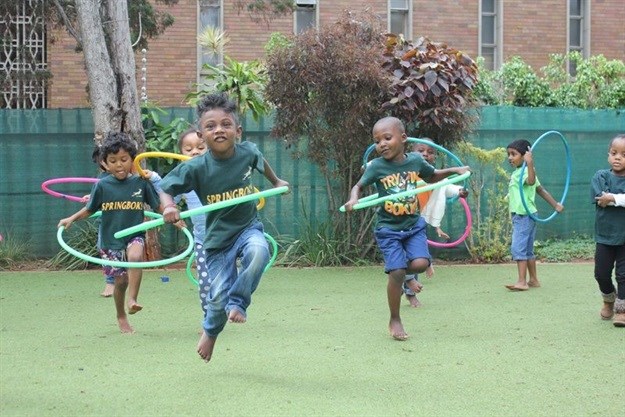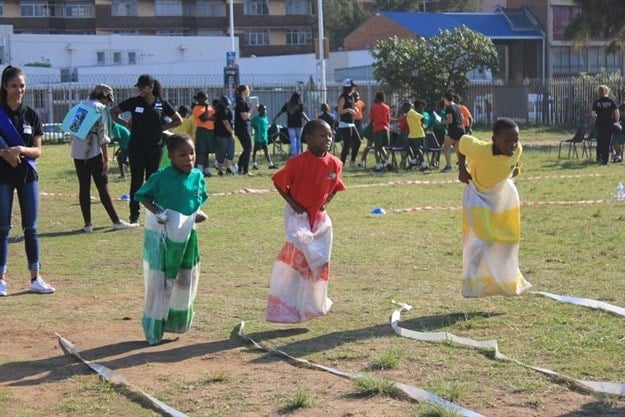Why PE teachers need to be more than just stand-ins

“So too are games in the park, and walks on the beach - leaving a trail of digitally-focussed teenagers who otherwise get little or no exercise, or the skills and stamina to help keep them fit in later life.”
The World Health Organisation (WHO) recommends that children and youth aged 5 to 17 accumulate at least 60 minutes of moderate to vigorous physical activity daily. For children and young people, physical activity includes play, games, sports, transportation, chores, recreation, physical education, or planned exercise. By this estimate, it is clear that most children fall short of achieving this goal, although parents may consider them to be active. With busy-but-inactive, tech-focused lifestyles, are we losing the battle?
Part of the problem, it seems, has been exacerbated by the fact that physical education (PE) was removed as part of the South African curriculum in 1994 and only reintroduced 19 years later in 2013 as part of the new national CAPS (Curriculum and Assessment Policy Statement) curriculum.
Against the shift in curriculum, comes a generation of teachers who lack teaching skills in PE and school sports. Then, there’s the niched group of teachers who are currently heading sport-related programmes in schools but lack the necessary experience.
This has a knock-on effect on the quality of how PE programmes are delivered in schools.

Given that schools play such a pivotal and transformative role in children’s lives, it is critical that they gear up the delivery of their PE programmes. Qualified specialist PE teachers could go a long way to narrowing the gap between our digitally focussed children and their physical needs.
Mthethwa says that in order to address this gap in teacher education between physical education and school sport, the Embury Institute developed and accredited their Advanced Diploma in Physical Education and School Sports (PESS).
Apart from its Advanced Diploma in PESS, Embury’s PE programme offering also includes specialised, accredited short courses that focus on Physical Education in the Foundation and Intermediate phases as well as Movement-play in Crèches for Babies, Toddlers and Young Children.
For more information, see Embury Advanced Diploma in Physical Education and School Sports (PESS).